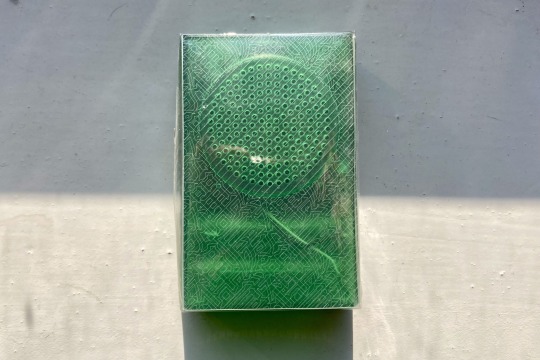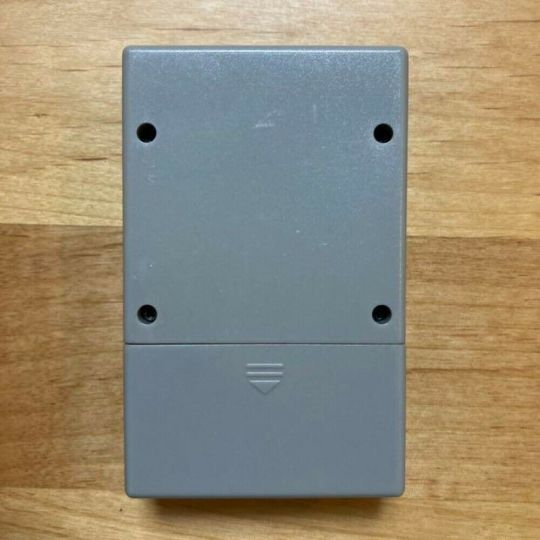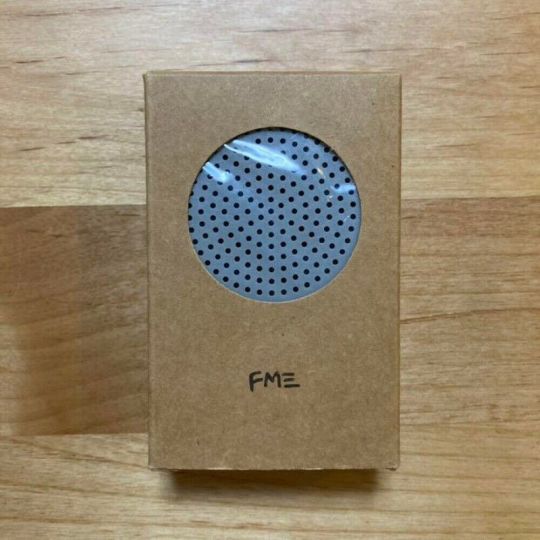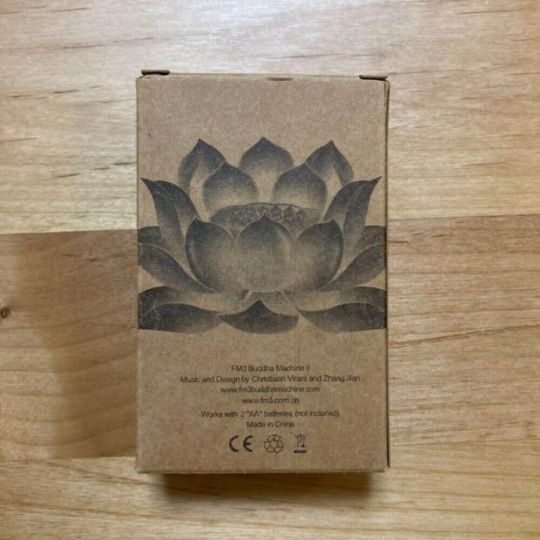Text
Ninth Annual Paperwork Clear-Out Day
Five Simple Steps for Getting Rid of Paperwork
If it’s a legal document, keep it;
If it’s a treasured letter or postcard from a friend or family member, keep it;
If it’s related to your finances and less than a year old, keep it;
Everything else, shred and recycle;
On April 2nd every year, repeat the process.
0 notes
Text
Ninth Annual Book Clear-Out Day
Six Simple Steps for Getting Rid of Books
If it’s a treasured gift, keep it;
If it’s unread and bought less than three months ago, keep it;
If it’s a favourite you re-read often, keep it;
If it’s borrowed from someone else, return it;
Everything else, send to the charity shop;
On March 1st every year, repeat the process.
2 notes
·
View notes
Text
Goodnight, G3
Last weekend, on my first Saturday off in too many weeks, two iMacs G3 disintegrated in my hands. There was nothing I could do; they were too old, too frail, too well-travelled to survive even this most delicate of handling.
Both had given good service to their original owners, countless hours of the peaceful, fanless computation that ultimately doomed them. In the end, more than twenty years after they were made, even my gentlest touch unleashed a snowstorm of beige flakes, painfully visible through cracking candy plastics.
When it became apparent that neither could be saved – as the fruit-colour shells themselves split apart along hairline cracks and precision-moulded stress points – I salvaged what I could. It wasn’t much: a couple of speaker housings, a 700 MHz motherboard, the small Apple logos from the top. The CRTs went to “e-cycling”; the rest, landfill.
As I swept up grains of plastic from the laminate, I realised that this didn’t so much mark the end of an era as mark my acceptance that the era had long ended. It had happened already, some years ago, and I was just slow to acknowledge it.
As sad as it is, I realise it’s past time to concede that these computers are long past their usefulness as anything other than objets d’art or retro-computing curiosities. The internet has long left them behind, even despite the Herculean efforts of one dedicated fan.
Any task that can be accomplished on them is either one done using abandoned software, done to use abandoned software,1 or done on the nerd-equivalent of a masochism. Once a common trope, I haven’t seen a blog-post about using a PowerPC Mac exclusively for a month2 in probably ten years.
Even as I consign them to memory and retirement as attractive curios, it feels important to mount one last defence of the iMac G3 and its contemporaries. It was, on a public note, the Computer That Saved Apple. (Others – many, many others – have written about this so I won’t go into detail; Six Colors does a good job.)
But I can write about these personally, from my own perspective. These were machines of startling longevity. They remained useful, productive computers, with current software, for over half a decade in an era when an 18 month lifespan wasn’t unusual. A writer and academic I knew wrote on his original iMac (no G3; they were just “iMac” when he got his) for nearly 20 years before it died and was retired.
A close contemporary of these machines, my own 466 MHz iBook G3, in its original graphite livery at that point, was my primary computer until mid 2008 when I eventually switch to an Intel MacBook Pro. The MacBook was a much better computer but a far worse object.
That iBook, now in Lime thanks to a friend’s dexterous transplant, existed alongside an iMac G4. The G4 was my first Mac, and one about which I’ve written about before, but it was on a TV stand in the living room, relegated mostly to media-watching and disc-burning.
The iBook, in contrast, was everywhere that I was: my first ever laptop, and the computer that transformed computing from a desk-and-chair activity to an everywhere activity. That old G3, at times pokey and with an increasingly whiny hard-disk, prefigured the current era of ubiquitous, totally connected computing that the iPhone took to its logical conclusion less than a decade later.
These G3 machines, for those of us who had the enterprise to find them late, and lacked the budget to abandon them early, spanned the era from intermittently connected to always connected. They carried me and others from the past into the present, and did so reliably, elegantly, and mostly silently.
And now that we’re delivered into the present, and they are no longer fit to carry us, it’s time to treasure the few that remain intact, functional, and beautiful. There’s no shame in retirement when so much has been achieved.
Even I’m not immune to this. I would like, one day, to replay the first two Fallout games again on my beautiful Blue Dalmatian iMac. It seems appropriate to re-play them on a computer that could almost have existed in-game and resembles the one on which they were first played: projected at me as slightly ionised light from a deadly, high-voltage tube of glass and phosphor. ↩︎
Demonstrating how far these beautiful, useless machine have fallen from the cultural memory, googling “using a g3 for one month” returns videos about some LG OLED TV. ↩︎
0 notes
Text

A Saturnian Trio: listen.
2 notes
·
View notes
Photo

Sunkissed.
2 notes
·
View notes
Photo

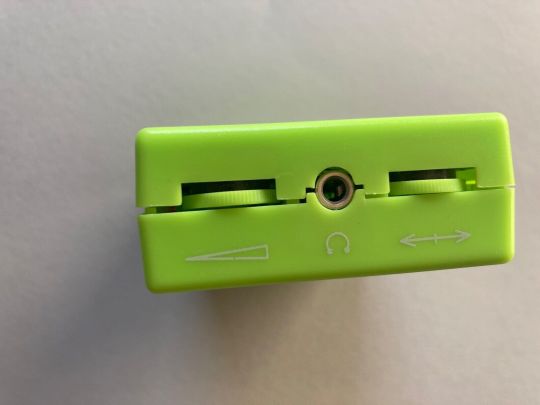

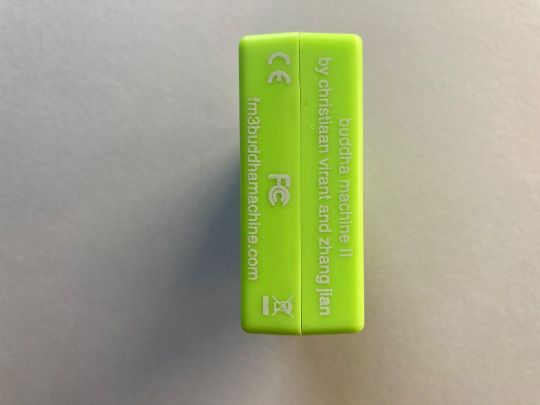
Split greens.
5 notes
·
View notes
Quote
Whenever an institution makes the decision to start taking anonymous accusations seriously, you can bet the bureaucracy of that institution has already been captured by precisely the sort of people who are eager to abuse such a system. To anybody else without such a malicious intent, the hazards of anonymous accusations should be obvious.
Be very careful when seeking to reform such a system, because those you are trying to disarm will use those very same bureaucratic weapons to stop you.
cld8483, on Hacker News, in a comment responding to this WSJ story.
0 notes
Text
Eighth Annual Paperwork Clear-Out Day
Five Simple Steps for Getting Rid of Paperwork
If it’s a legal document, keep it;
If it’s a treasured letter or postcard from a friend or family member, keep it;
If it’s related to your finances and less than a year old, keep it;
Everything else, shred and recycle;
On April 2nd every year, repeat the process.
1 note
·
View note
Text
Eighth Annual Book Clear-Out Day
If it’s a treasured gift, keep it;
If it’s unread and bought less than three months ago, keep it;
If it’s a favourite you re-read often, keep it;
If it’s borrowed from someone else, return it;
Everything else, send to the charity shop;
On March 1st every year, repeat the process.
0 notes
Photo
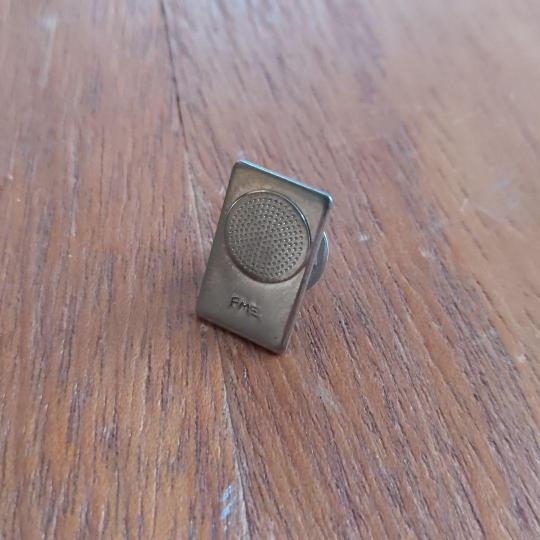
1 note
·
View note
Conversation
Final Fantasy 5′7″
Mike: Just had a dream that you phoned me in tears. You’d done a presentation for PMI that had been poorly received and you were going to quit.
Mike: It was about how Cloud is actually the villain of Final Fantasy VII and that he uses project management skills to commit acts of eco-terrorism directed at Sephiroth who’s actually an engineer trying to avert a climate catastrophe.
Mike: You surmise that Cloud is motivated by insecurity about his height and a belief that he’s entitled to a relationship with Aerith. When she rebuffs him back into the friendzone he reacts in an incel-like manner and kills her, using PM techniques to frame Sephiroth for her murder, again driven by inadequacy and jealousy.
Mike: I can’t remember the details of which project management techniques Cloud uses because the details are getting fuzzy, but you were very specific and passionate about them and were able to explain in some detail.
Iain: That’s an impressively complex dream and also an excellent interpretation of FF7.
Iain: I’d give that man a MacArthur grant to explore further.
Iain: Hold on, I just built a Time Machine and went five years into the future.
Iain: My masterpiece essay has been completed:
Iain: “Cloud Strife is a tiny cuck.”
6 notes
·
View notes
Text
A Link to the Past
Yesterday, my friend finished a nine-year-long quest to play all of the mainline Zelda games. (By my count, 16 separate games, none of which is small investment of time.)
This achievement – one of the headiest peaks in his autobiographical gaming journey – ended up not saved for posterity by standing proud and eternal on his blog, but as a solitary tweet. What should have been a flaming beacon, bright and strong upon the battlements of his own castle, instead became a party-popper in someone else’s fireworks display.
His idiotic decision is becomes even more galling when one considers the games he’s spent nearly a decade exploring and enjoying: these are some of the best games ever made. Not the best Nintendo games – the best games. No qualifier. Some of these are works of art nearly without peer: masterpieces in iterative, wonder-filled game design and world-building.
I say this as both an impartial and extremely partial observer: four of these games cover the most important era in my own personal gaming history. Spanning roughly 1994 to 2004 across three consoles, the period is bracketed by A Link to the Past and The Wind Waker. Incredible slices of bread between which Ocarina of Time and Majora’s Mask are sandwiched. Good luck finding a game and three sequels that are this good.
Thinking of these games, I remember fondly a shop long-closed. Opposite Blockbuster, also closed, on the wrong side of the river and within walking distance of my house.
I remember it well: small, clean but spare, with game boxes on shelves, split into the competing platforms. (I never bothered to look at the Mega Drive section; why would I?)
I was 10, perhaps 11, and the owner was old. Fully an adult, maybe 24, but at that stage in my life, ‘adult’ was a category with only two subcategories: ‘old’ and ‘grandpa old’. He was in the former, and kind, patient enough to tolerate me calling him “Mister” and my terrible track record of spending hours there asking questions without ever buying anything.
But one day, I did buy something: I bought A Link to the Past.
It cost £15. I remember being a little short, and Mister let me off with it. He recommended the game to me, and he made sure I could take it home that day despite being a pound shy of the label. He knew that in the mid ’90s, pocket money rates being in the range of 20p a week, and five weeks an eternity, that I might never be able to buy it, and he chose to let me have it rather than miss out on it forever. (I told you: patient and kind.)
Of all the kindnesses anyone has ever done me, this ranks high on the list: it forever set my gaming tastes and put me on a path that led to me writing this. Without that recommendation, without that generous discount, without his encouragement, I wouldn’t have spent the last 15 years of my life sporadically writing about games in depth. Without those things, I probably wouldn’t have played Ocarina of Time.
I remember vividly, a few years later, the final battle with Ganon: the upwelling of pride and gratitude when Navi, annoying little Navi, overwhelmed in the earlier bout, vows to fight alongside you. I remember sweaty palms against two legs of the N64’s tripod controller, the click of the joystick as you rush to dodge Ganon’s attacks.
And again, a few years later, the creeping dread of the moon getting ever closer across the third and final day… and the horror of watching it smash into Termina for the first time, implacable grin never wavering as it grinds the clocktower to dust.
And again, a few more years later, a new Link, stark and cleanly drawn, fishing for treasure chests in a bright technicolour sea. The joyous swing on a grappling hook through a waterfall. A new world of adventure, floating high above the old world I’d saved half a decade earlier.
Such a breadth of experience, of wonder, of happy memories spread across those four games which span a decade of incredible change – for both me and gaming in general. As I grew, matured, and explored new ideas and ways of living, so did the Zeldas: we grew up together.
I’ll never play every Zelda game, and I may not ever play another, but those I did play, I’ll carry with me forever.
0 notes
Text
Seventh Annual Paperwork Clear-Out Day
Five Simple Steps for Getting Rid of Paperwork
If it’s a legal document, keep it;
If it’s a treasured letter or postcard from a friend or family member, keep it;
If it’s related to your finances and less than a year old, keep it;
Everything else, shred and recycle;
On April 2nd every year, repeat the process.
1 note
·
View note
Text
Seventh Annual Book Clear-Out Day
Six Simple Steps for Getting Rid of Books
If it’s a treasured gift, keep it;
If it’s unread and bought less than three months ago, keep it;
If it’s a favourite you re-read often, keep it;
If it’s borrowed from someone else, return it;
Everything else, send to the charity shop;
On March 1st every year, repeat the process.
0 notes
